News
Read the latest stories on the latest renewable HVAC developments.
Featured article
British Gas launches Dimplex Quantum Tariff
British Gas and Dimplex have partnered to launch the British Gas Dimplex Quantum Tariff, the UK’s most advanced electric storage heating tariff for use with the Dimplex Quantum Storage Heater.
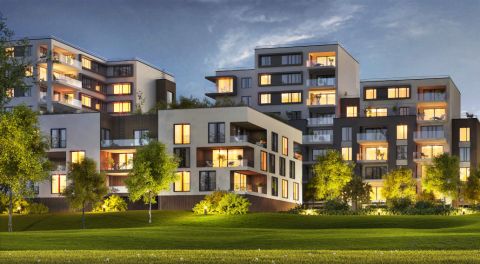
A Quantum improvement
With a housing stock that dates from the 1900s to present day, Vale of Aylesbury Housing Trust provides affordable housing for more than 17,000 people living and working in Aylesbury and the surrounding villages of the Vale.

Update your bathroom in a flash
The thought of a bathroom re-model can be daunting, but with the right technology and styling, you can update your tired looking room into a tranquil paradise in next to no time.
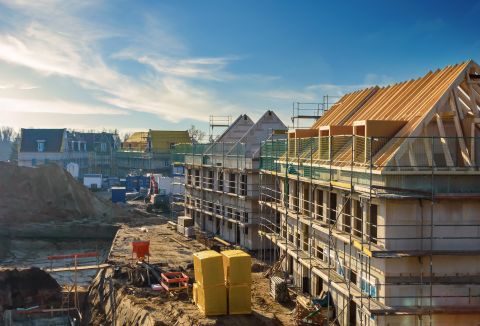
The six main heat pump myths debunked
Heat pumps. and heat pump based solutions such as ambient loops or hot water heat pumps are proven technologies considered one of our main routes to achieving compliance with the new, 2022 Part L of the Building Regulations. The increased focus on heat pumps, including air source heat pumps, both monobloc and split system, has intensified the discussion on this low carbon technology that is sometimes misunderstood.

Dimplex to exhibit product showcase at InstallerSHOW 2024 Stand H90
Dimplex has announced it will be exhibiting at InstallerSHOW 2024 on stand H90 between 25th-27th of June.

Spring Clean for a Healthier Happier Home in Spring 2024
Spring is officially here! Even though it comes with a mixed bag of seasonal weather, one thing is certain: longer days and warmer temperatures are on their way. As the spring flowers bloom, returning some much-needed colour to our parks and public spaces, people often mark the change of the seasons with some spring cleaning.
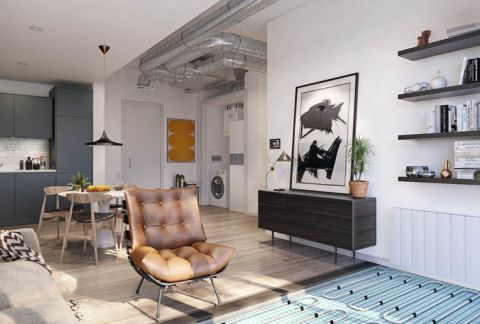
How can the Zeroth Energy System overcome the challenges of overheating in large residential developments?
The Zeroth Energy System uses an ambient loop designed to operate at 25oC. This reduces heat losses through the distribution network that could otherwise result in overheating occurring in corridors and communal spaces.

Zeroth Energy System and district heat networks
The tightening timescales for reaching the 2050 net-zero carbon target require us to accelerate our efforts at the decarbonisation of heat. Ambient loop systems, such as the Zeroth Energy System, are being increasingly specified for multi-occupancy developments due to their high efficiency and capability to reduce a building’s CO2 emissions.This raises the question: can the Zeroth Energy System be specified in a district heating priority area, and can it connect to the district heating network?

Will the outcomes of COP26 significantly speed up the uptake of low carbon technologies?
We are all waiting to see what the real impact will be from the climate summit COP26 for the construction sector, specifically with regard to the decarbonisation of heat. One of the insights that came out of the second day of the summit, which featured a session on clean technology and innovation, was delivered by UK Prime Minister, Boris Johnson:
‘By making clean technology the most affordable, accessible and attractive choice, the default go-to in what are currently the most polluting sectors, we can cut emissions right around the world’.
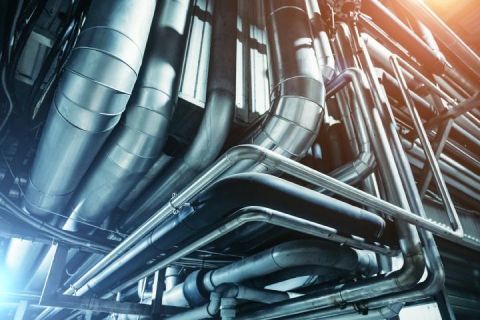
Which heating and cooling emitters can I use with a heat pump?
Any hydronic heating and cooling emitter such as fan coils, radiators or trench heating, could be used with a heat pump.
There are a number of factors, however, which will ultimately impact the final specification. These include thermal requirements, such as whether the building needs heating only or heating and cooling, control requirements and design preferences, such as whether to have the emitter recessed or on view.
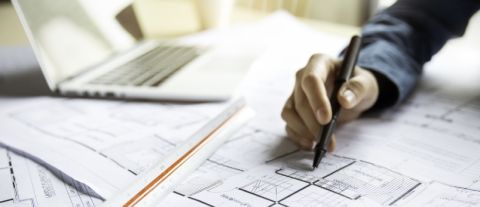
Which is better - a ground source or an air source heat pump?
When it comes to specifying heat pumps, we are often asked which is better: a ground source or an air source heat pump. In actual fact neither are ‘better’. The decision comes down to design factors on a specific project, which will drive the specification to ensure the demands required by the building and occupants are met.
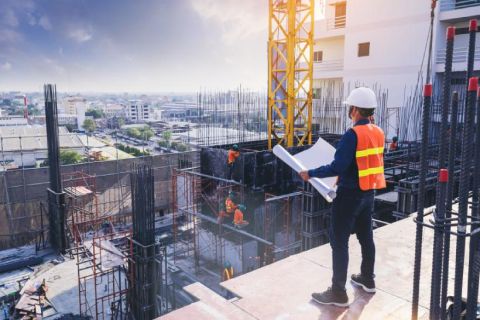
What is the BREL report and how does it impact your residential new build project?
What is the BREL report and how does it impact your residential new build project?

What is EN 15316?
EN 15316 offers guidelines that set out a common calculation method to estimate the energy use and energy performance of heating systems in buildings. The values are calculated for the whole installation and help to analyse the impact on energy performance. The values also help to establish energy performance indicators such as the Seasonal Performance Factor (SPF).











